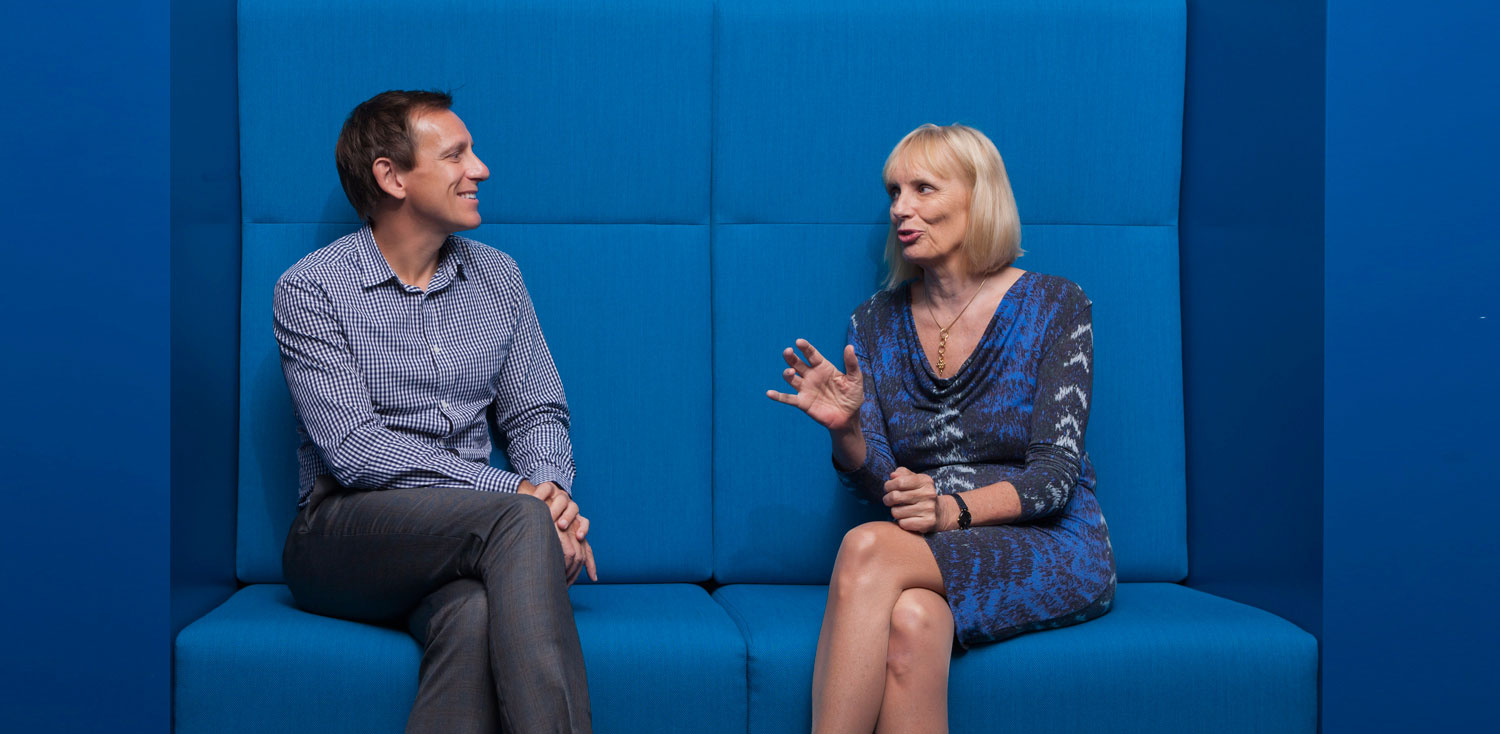Carolyn Taylor is an expert in leadership and workplace culture. Her book, Walking the Talk (Random House), is “a must read for any manager embarking on the journey of cultural change”, according to Professor Lynda Gratton of the London Business School. In Australia, her early clients included the chief executives of Telstra, Westpac and Rio Tinto. After a stint with an international consultancy, she co-founded a new company, Walking the Talk, with hubs in Europe, Australia and Latin America.
She wants to demystify ‘organisational culture’, and provide proven tools for cultural change. Recently she took the time to talk the walk with AIM’s chief executive, David Pich.
David Pich: Culture is one of those terms that’s incredibly broad. How do you pin down the meaning of the word for the people and organisations you work with?
Carolyn Taylor: Culture is the patterns of behaviour that are encouraged, discouraged and tolerated over time. It’s leaders who do the encouraging and discouraging, and who do the tolerating – allowing behaviour to pass which probably isn’t what you want. It’s what people actually do that has an impact on performance and customer satisfaction.
DP: Do you see culture as the “internal brand” of the organisation?
Dubai airport will become the biggest airport in the world and one of its critical challenges is collaboration … It’s about getting the senior team to walk that collaborative talk.”
That for me demonstrates a misunderstanding about what culture is. No chief executive would admit to not knowing that the costs have blown out several levels down or that the technology is not working, but they still think they can say that about behaviour.
DP: Do you see a conflict between the short-termism of a board (wanting results, results, results!) and cultural change? It would seem on the surface that changing culture and behaviour is a long-term project.
CT: It’s about the board understanding that they need to invest in long-term projects. That short-term/long-term thing is a perpetual challenge for any publicly listed company. One of the big advantages of working in Latin America is that most of the organisations there are privately owned.
There’s even more pressure in the US, but that doesn’t mean every chief executive has to invest now in order to succeed in three or five years’ time. They’re doing that on every front … in people, technology, strategy, M&A and so on. It doesn’t mean you don’t have to perform today, but culture is not a three-month project. One of the reasons they don’t succeed [in changing work culture] is that people don’t dedicate sufficient pressure for long enough.
DP: In your experience how long does it take to change a culture?
CT: People spend an awfully long time deciding on a shopping list of values and the behaviours they’d like and communicating them to everyone, and then go, “okay why hasn’t anything changed yet?” You really need to focus on one or two behaviours that are critical. Don’t try and do everything.



